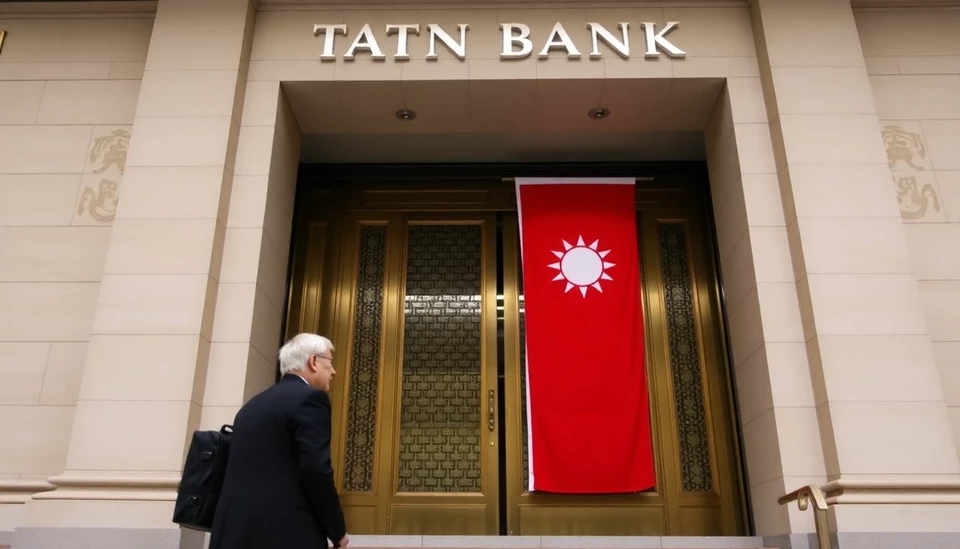
As Taiwan approaches its upcoming monetary policy meeting, all eyes are on the central bank's key interest rate decision, particularly in the context of a struggling property market that has seen significant price adjustments. Analysts and investors alike are keenly aware that the outcome could have far-reaching implications for the nation's economy.
The Bank of Taiwan, which typically assesses the economic landscape and inflation trends to guide its policy moves, finds itself at a critical juncture. Recent developments within the real estate sector have raised concerns about a potential downturn, emphasizing the significance of the rate decision. With property prices already experiencing notable fluctuations, a cautious approach may be warranted as policymakers weigh the effects of their decisions on homebuyers and real estate investors.
Taiwan's housing market has faced challenges, with diminishing buyer sentiment attributed to a combination of high interest rates and economic uncertainty. The central bank's balancing act involves supporting economic growth while curbing inflationary pressures—an increasingly challenging position given the current climate.
Additionally, the global economic environment has not been particularly favorable. With major economies grappling with inflation issues, Taiwan's central bank risks falling behind if it fails to act decisively. Financial experts suggest that maintaining or adjusting the current key interest rate could significantly affect both local markets and the island’s broader economic health.
While the institution has maintained its rates recently to foster growth, increasing pressure to respond to external economic trends and local property market challenges poses a dilemma. As CEO of a prominent investment firm noted, “The stakes are high; any misstep could lead to a further downturn in the property market, affecting many households across Taiwan.”
Looking ahead, market participants will be closely monitoring not just the rate announcement itself, but also the central bank's commentary regarding future policy direction. Analysts expect that any signals of potential rate hikes could stir further volatility in the already-sensitive housing sector, instigating discussions about affordability and investment attractiveness.
In conclusion, as Taiwan’s central bank prepares to make what could be one of its most consequential decisions in recent times, the interplay of local real estate dynamics and overarching economic trends will be pivotal. The decision-making process will not only reflect the current state of Taiwan's economy but will also set the tone for its near-future economic landscape.
#Taiwan #CentralBank #InterestRates #RealEstate #PropertyMarket #EconomicPolicy #HousingCrisis
Author: Laura Mitchell




